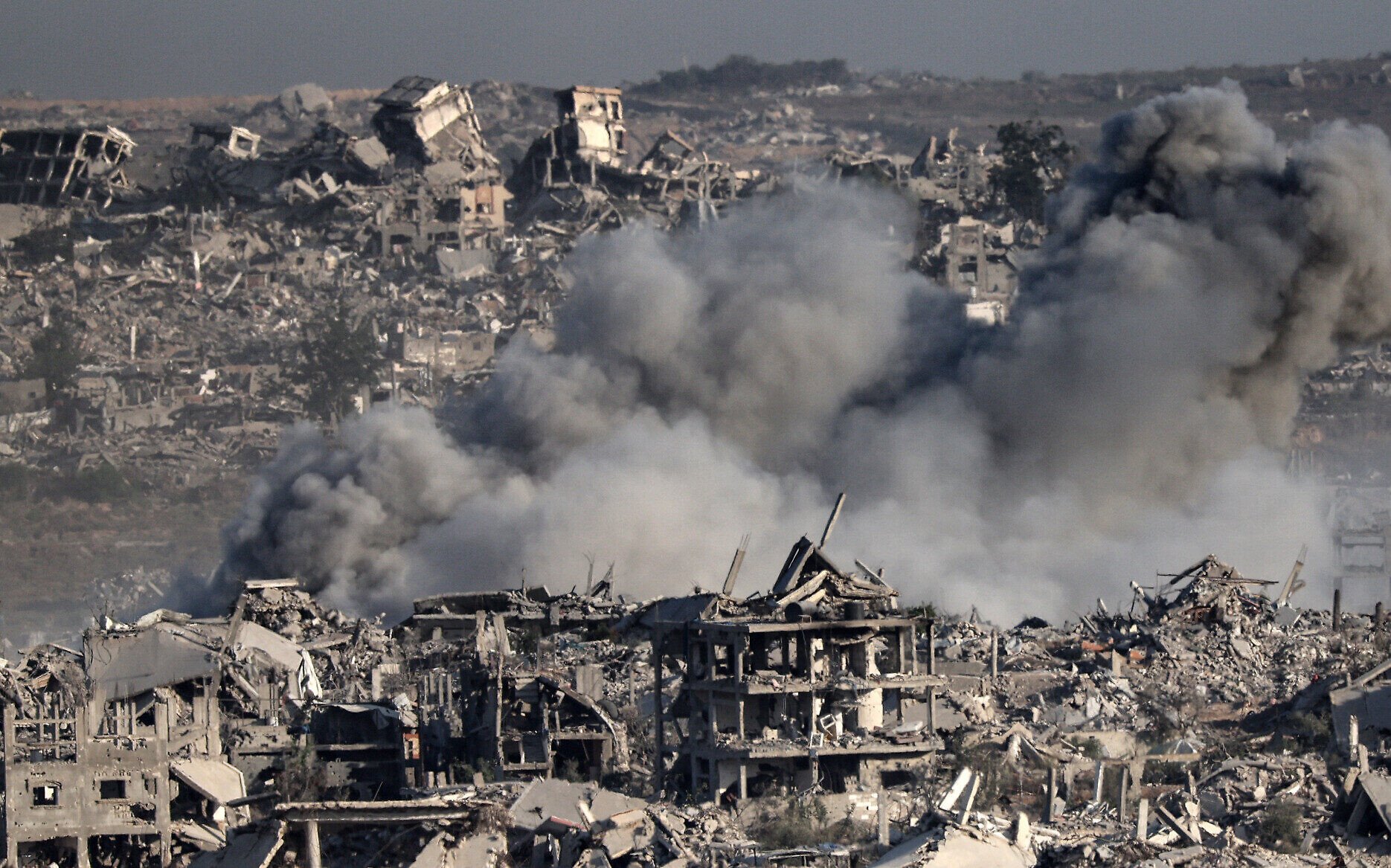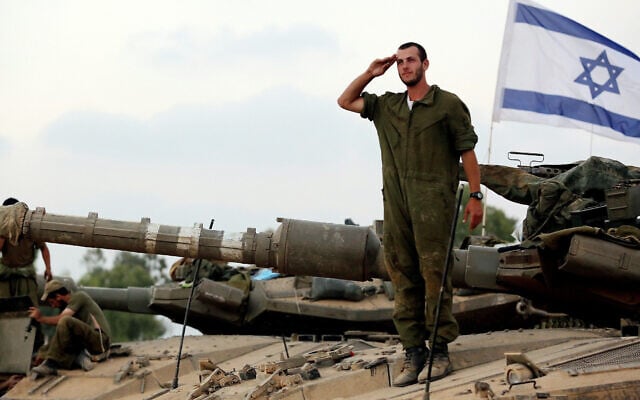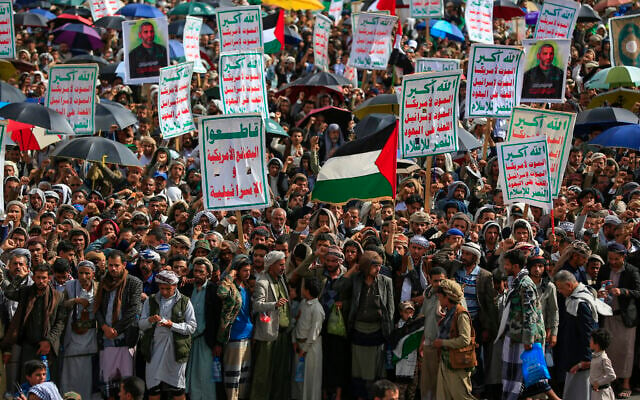Mounting Casualties at Gaza Aid Sites Spark International Concern

The humanitarian crisis in Gaza continues to worsen, with a surge in reported deaths at and near aid distribution sites. Recent weeks have seen hundreds of Palestinians killed while attempting to access desperately needed food, sparking outrage and raising concerns about the safety and efficacy of aid operations. Simultaneously, reports have emerged of discussions regarding the relocation of Gazans, further fueling tensions and drawing condemnation from international bodies.
Deadly Incidents at Aid Distribution Points

On July 16, 2025, at least 20 Palestinians lost their lives at a food distribution center in Gaza managed by the Gaza Humanitarian Foundation (GHF), an Israeli-backed American organization. While the majority of these deaths were attributed to a stampede, the Gaza Health Ministry reported that three individuals were killed by gunfire. GHF accused Hamas of inciting the unrest, while witnesses claimed that Israeli troops fired warning shots, potentially contributing to the chaos. This incident marks the first reported deaths occurring directly at a GHF site, although numerous fatalities have occurred on routes leading to these distribution points.
Just days earlier, on July 12, 2025, a mass casualty event occurred near Rafah, where at least 31 Palestinians were fatally shot while en route to a GHF aid distribution site. The International Committee of the Red Cross (ICRC) reported that its field hospital received its largest influx of deceased individuals in over a year following the shootings, with the vast majority succumbing to gunshot wounds.
UN Reports Alarming Number of Deaths While Seeking Food

The United Nations human rights office (OHCHR) issued a statement on July 15, 2025, revealing that 875 people have been killed in Gaza since May while attempting to access food. Disturbingly, 674 of these deaths occurred in the vicinity of GHF sites. The UNRWA has also voiced profound concerns about the ongoing loss of civilian lives as people desperately seek food, especially as deadly malnutrition spreads among children.
Mossad Chief Seeks US Support for Gazan Relocation

Amidst the escalating humanitarian crisis, reports have surfaced regarding discussions about relocating Palestinians out of Gaza. In mid-July 2025, Mossad chief David Barnea reportedly visited Washington to solicit the Trump administration's assistance in this endeavor.
Potential Host Countries and US Stance

On July 18, 2025, Barnea allegedly informed US Special Envoy Steve Witkoff that Ethiopia, Indonesia, and Libya had expressed willingness to accept Palestinian refugees from Gaza, contingent on receiving "incentives" from Washington. However, Witkoff reportedly remained non-committal, and US officials have indicated that the White House is hesitant to pursue the relocation plan due to opposition from Arab countries.
Key Events Leading to the Current Crisis

The establishment of militarized aid distribution sites, including those operated by GHF, on May 27, 2025, has been identified as a turning point, leading to a significant rise in casualties among those seeking food. The mass casualty incident near a GHF aid site in Rafah on July 12, resulting in 31 deaths, and the 20 deaths reported at a GHF food distribution center on July 16, largely due to a stampede, highlight the escalating dangers faced by civilians seeking basic necessities.
The Context of the Humanitarian Catastrophe

The ongoing conflict has profoundly exacerbated the humanitarian situation in Gaza, with the entire population of 2.1 million facing severe food insecurity and a significant portion on the brink of starvation. Medical supplies are critically low, and access to clean water and sanitation is severely limited. This crisis has amplified the desperation of Gazans seeking aid, making them vulnerable at distribution sites.
Stakeholders and Their Positions

The Gaza Humanitarian Foundation (GHF) is an Israeli-backed American organization that commenced aid distribution in late May 2025. Its operational model has drawn considerable criticism from the UN and other aid organizations, who deem it "inherently unsafe" and inadequate to meet the population's needs. The Israeli Military is responsible for security at GHF sites and has admitted to firing warning shots at Palestinians, while maintaining that it only targets militant positions. Hamas, accused by GHF of instigating unrest at aid sites, contends that the GHF is part of an Israeli strategy aimed at forced displacement.
Various UN agencies, including OHCHR, UNRWA, OCHA, WFP, WHO, UNICEF, UNFPA, UNDP, and UNOPS, have been highly critical of the situation at aid sites. They report significant civilian casualties and condemn proposed relocation plans as potential war crimes. The Palestinian Authority has denounced the "humanitarian city" concept as unrelated to humanity. Arab countries oppose the relocation of Palestinians from Gaza. Ethiopia, Indonesia, and Libya have reportedly expressed conditional willingness to consider accepting Palestinian refugees.
Figures and Statements Reflect the Scale of the Crisis

The Gaza Health Ministry reported on July 16, 2025, that at least 58,573 Palestinians have been killed and 139,607 injured since October 7, 2023, with women and children accounting for over half of the casualties. Since May 27, 2025, 851 fatalities and over 5,634 injuries have occurred among people trying to access food supplies. The UN Human Rights Office (OHCHR) stated on July 15 that 875 people have been killed while seeking food, with 674 near GHF sites, warning that demographic change inside the occupied territory may constitute a war crime. The ICRC reported the largest influx of dead in over a year after shootings near Rafah on July 12. The World Food Programme (WFP) warned in June 2025 that most families in Gaza were surviving on one meal a day, with a July assessment finding nearly one in three people not eating for days. The Israeli Military stated it struck over 120 targets in the past 24 hours and fires warning shots to control crowds.
Controversy Surrounding "Humanitarian City" and Relocation

The Israeli proposal to concentrate Gazans in a "humanitarian city" on the ruins of Rafah, with eventual relocation to other countries, has sparked widespread condemnation. Critics, including UN agencies, human rights groups, and Palestinian officials, strongly condemn it as potentially amounting to forced transfer or ethnic cleansing, which are considered war crimes. There are feasibility and ethical questions regarding housing over 2 million people in a new closed zone, citing astronomical costs, lack of infrastructure, and the risk of creating "concentration camps." The GHF's aid distribution model has been heavily criticized by the UN and other aid organizations as "inherently unsafe" and inadequate, leading to mass casualties. There is strong international opposition to any forced displacement of Palestinians from Gaza, particularly from Arab countries and many Western nations. The Israeli military reportedly objects to the "humanitarian city" plan, fearing it could harm ongoing efforts to reach a Gaza ceasefire and prisoner exchange agreement.